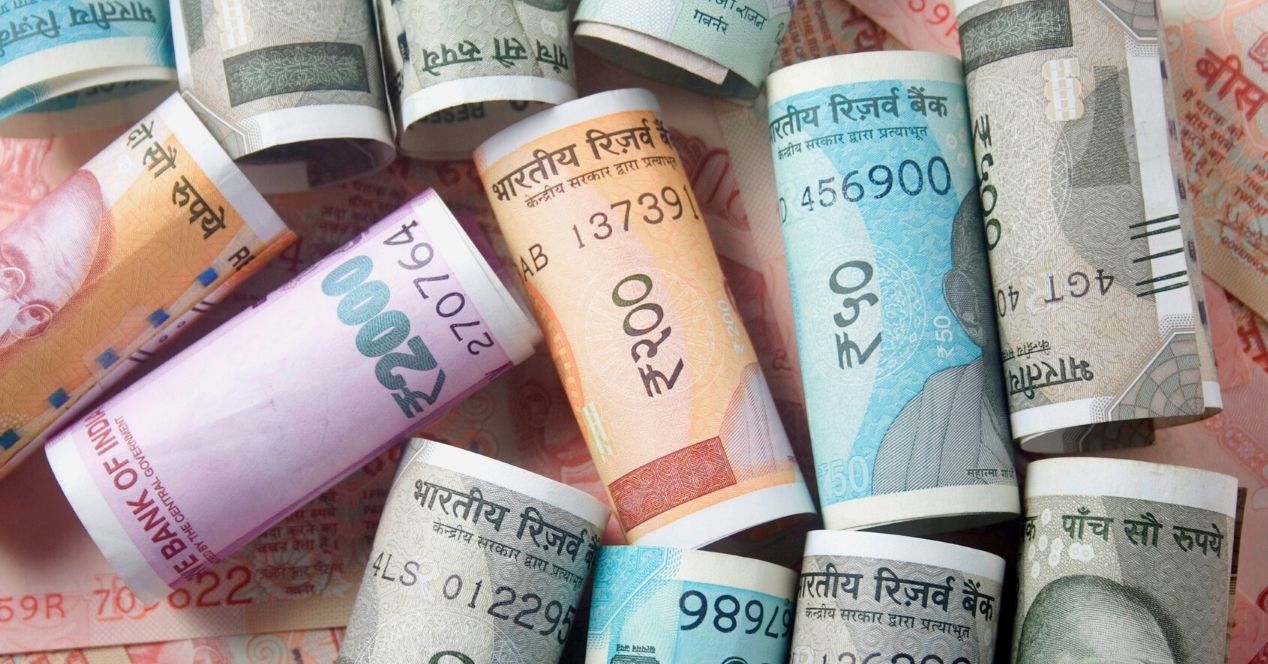Channel
SCO Explains: 2020 Amendments to the FCRA
We break down the 2020 Amendments to the Foreign Contribution (Regulation) Act, and the SC's decision upholding the Amendments.
Malavika Parthasarathy: Hello listeners. Welcome to SCO Explains, where we bring the work of the Supreme Court to you.
Today, we break down the Supreme Court’s judgment upholding the 2020 amendments to the FCRA. The FCRA Amendment introduced changes to how NGOs could receive and process foreign funding. First, it prevents the transfer of foreign contributions from recipient organizations to other persons or organizations. NGOs claim that this disadvantages smaller organizations doing grassroots work, as they often rely on larger organizations for funding.
Second, the NGOs challenged the requirement that they must open an account at SBI, Sansad Marg, New Delhi in order to receive foreign funding. They claim that this was unreasonable and arbitrary. The NGOs challenged the requirement that they would have to provide Aadhaar details for FCRA clearance. This violated the Right to Privacy.
The Court said that barring the transfer of foreign contributions by recipients to other organizations or persons was constitutionally valid. This would ensure that the funding would be used only for its intended purposes.
The Court upheld the requirement that FCRA accounts must be set up in SBI, New Delhi. This would ensure more effective monitoring by the government and transparency and accountability on the part of NGOs. The Court held that office holders would not be required to provide their Aadhaar details for FCRA clearance. Instead, passports would suffice.
Over the years, FCRA licenses of many prominent NGOs have not been renewed. With this judgment, donations to NGOs across the country could be further inhibited, affecting their operation.
Thank you for listening to this episode of SCO Explains. For more updates on the Supreme Court, visit scobserver.in.


